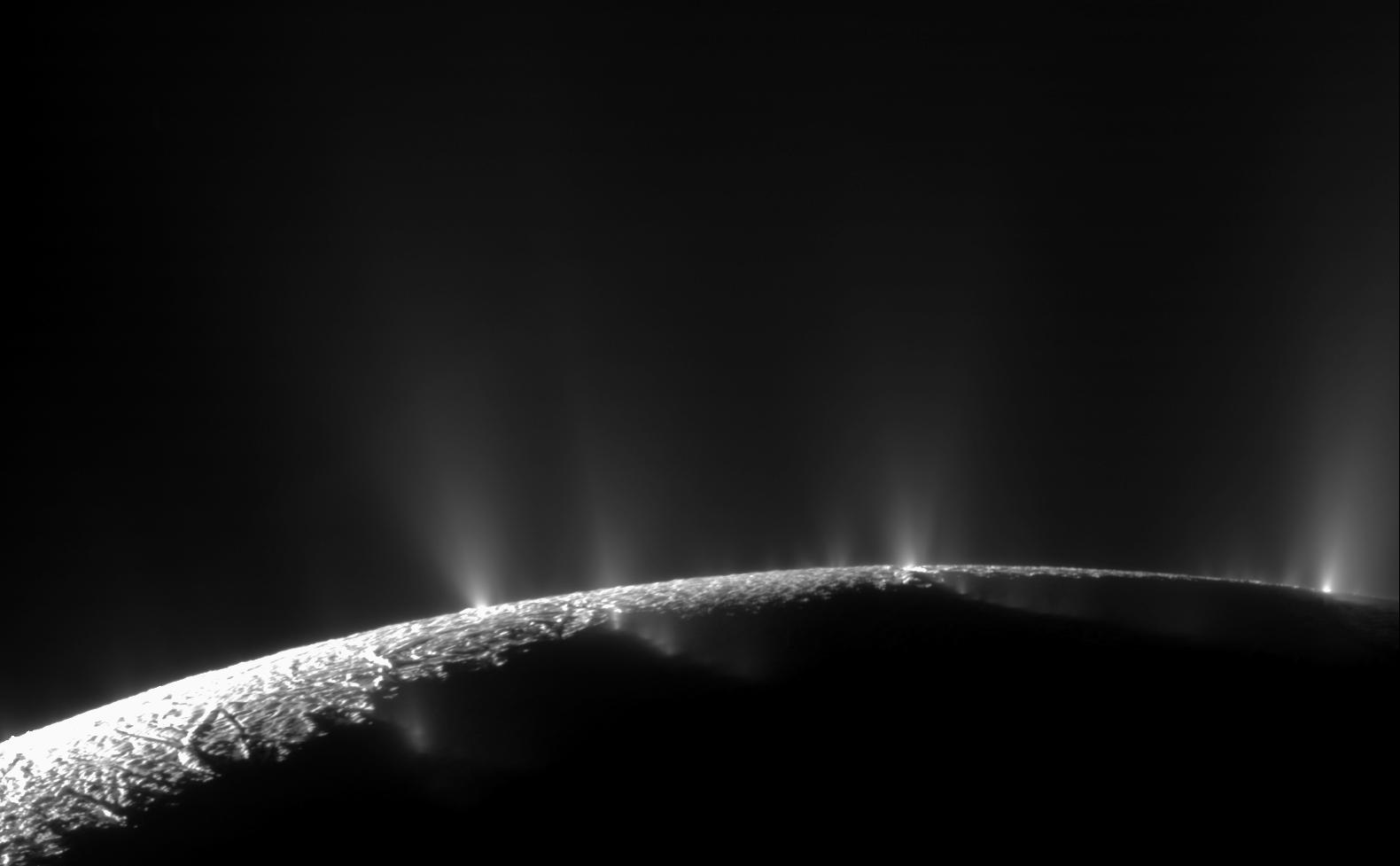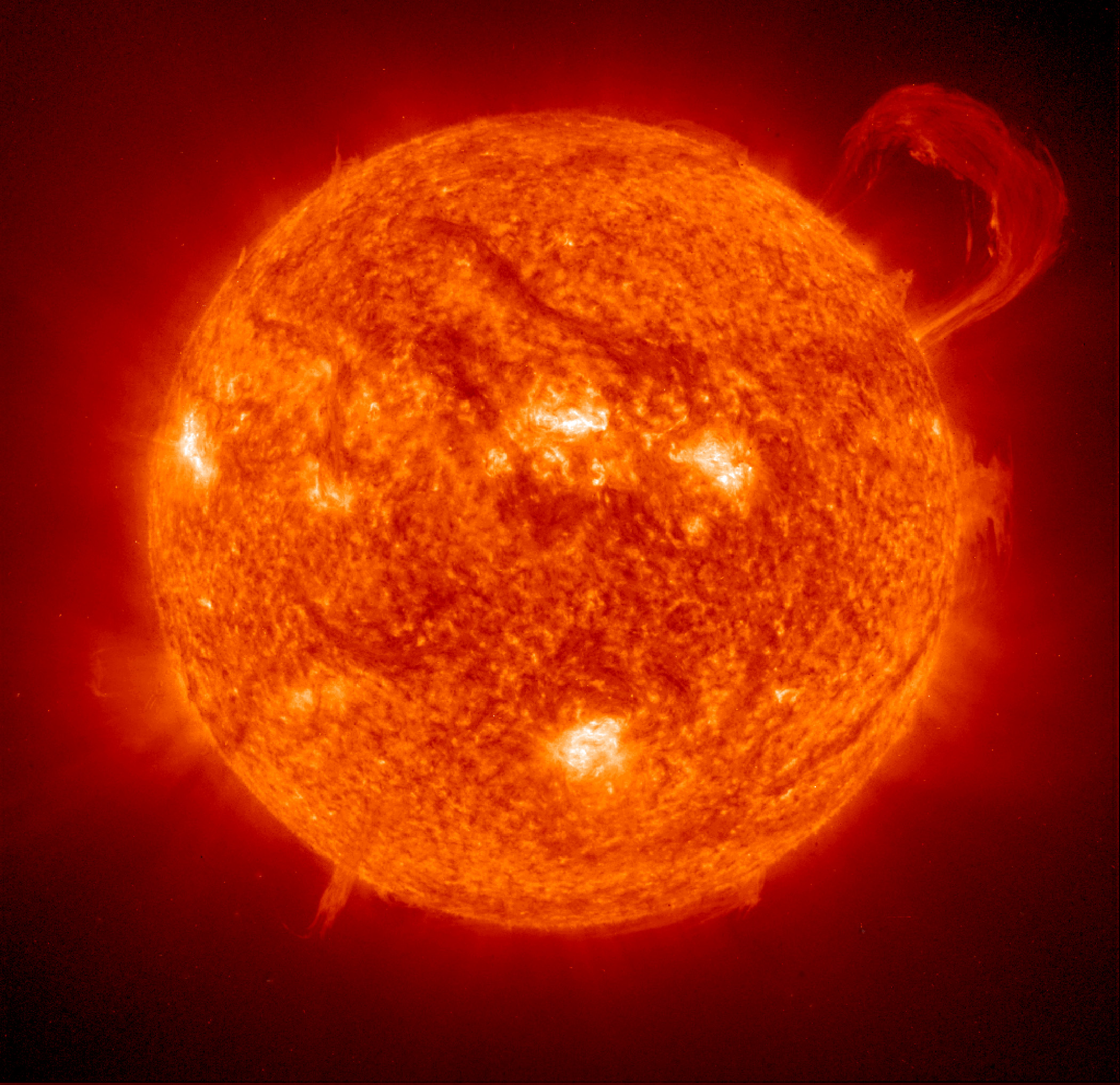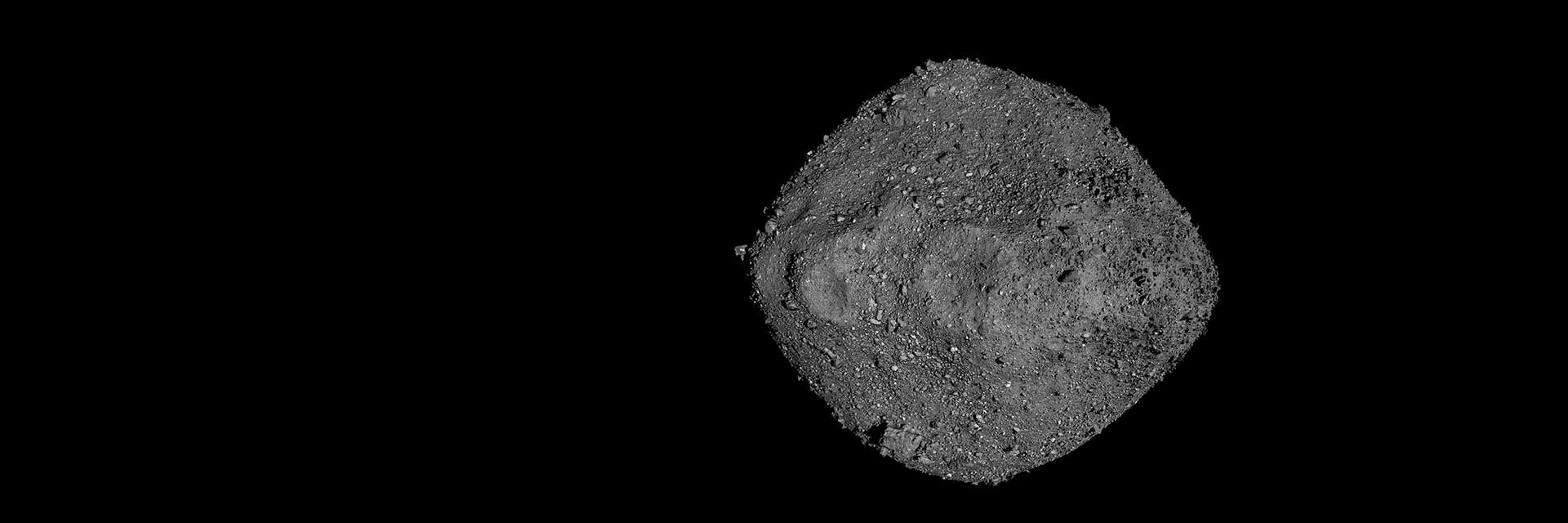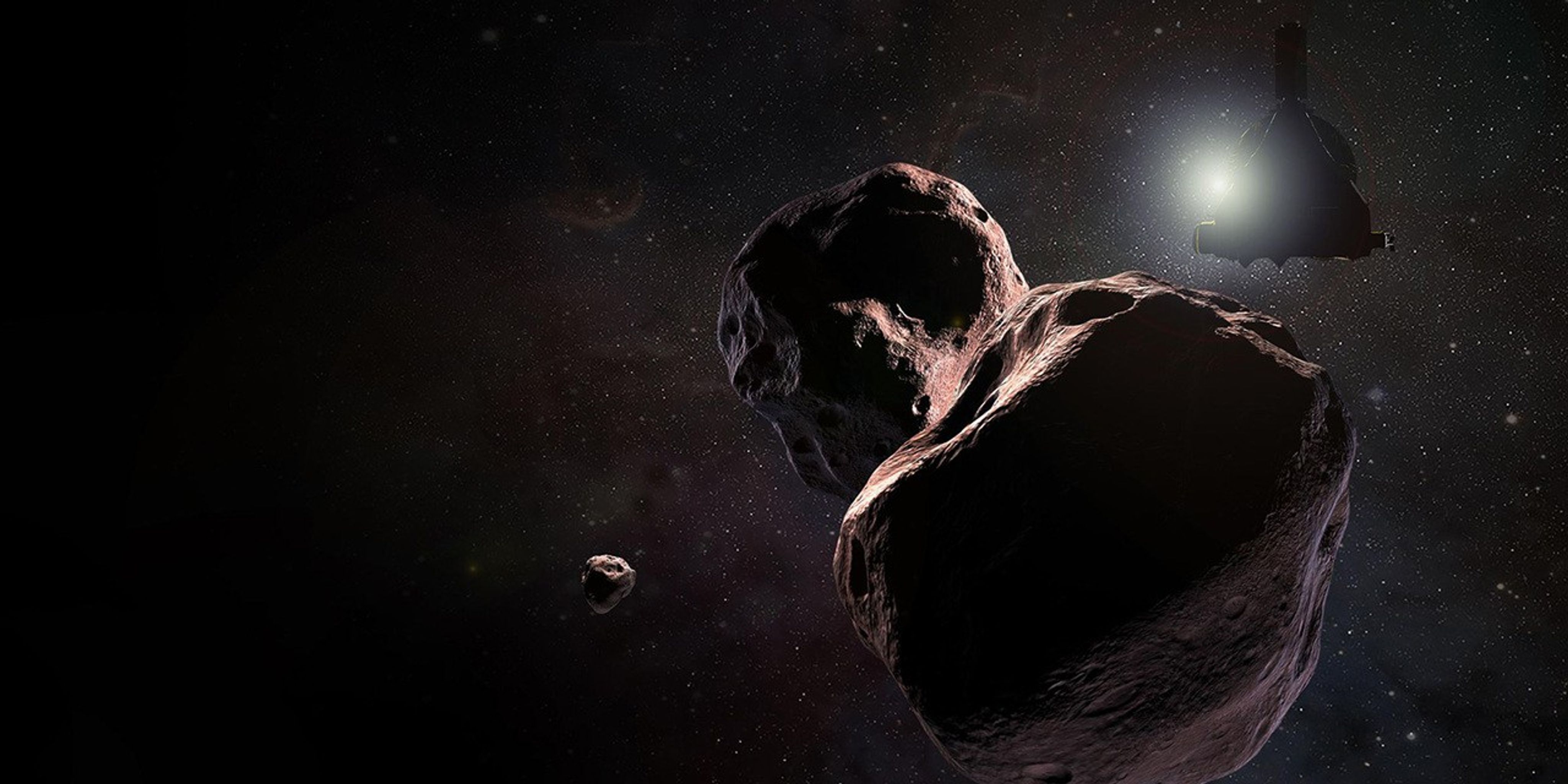4 min read
Cassini Significant Event Report
For Week Ending 11/22/02
The most recent spacecraft telemetry was acquired from the Goldstone tracking station on Wednesday, November 20. The Cassini spacecraft is in an excellent state of health and is operating normally. Information on the spacecraft's position and speed can be viewed on the "Present Position" web page.
On board activities this week included Radio and Plasma Wave Science High Frequency Receiver calibrations
and high rate cyclics, an Imaging Subsystem (ISS) filter wheel test, Radio Science Subsystem (RSS) Ka-band
uplink exciter/transmitter tests, uplink of the Probe Relay test looper program, and memory readouts of flight
software ALF loads.
The ISS filter wheel test mini-sequence exercised the Wide Angle Camera filter wheel sensor. The test was
created to diagnose errors detected early last month. At that time ISS noticed that the number of times the filter
wheel passed the "zero" point was not as had been predicted. Numerous filter wheel movements were
performed during the test with no errors. The test was preceded by a power cycle that is presumed to have
resolved the anomaly.
RSS performed Ka-band Uplink Exciter/Transmitter (KUPL) tests #2 and #3. The tests were designed to
exercise a newly installed ground system heat exchanger. The tests went smoothly with the exception of the
Data Monitor and Display (DMD) not receiving the data properly. This problem with the DMD for the
Ka-band transmitter ramp was subsequently corrected. Both tests met RSS success criteria and all looks well
for the upcoming Gravitational Wave Experiment in C35.
A mini-sequence was built to provide a looper program to command the probe relay receiver into byte mode
during next week's probe relay test. The number of commands required made it prohibitive to include them in
the background sequence. The looper program is absolutely timed and will not run until execution of the probe
relay test.
The RADAR team has analyzed the data taken after last week's uplink of version 3.0 FSW. The software
loaded properly and executed the instrument expanded blocks as expected. Analysis of the instrument
expanded blocks will continue, but to date the new flight software is operating as planned.
Visual and Infrared Mapping Spectrometer FSW version 6.1 was delivered to the project software library this
week.
A delivery coordination meeting was held for the first official delivery of Remote Terminal Interface Unit (RTIU)
software version 2.0. The RTIU system is used in the instrument test beds to connect the engineering model to
the ground support equipment computers.
The final sequence integration and validation (FSIV) products for the C35 background sequence have been
published. The FSIV approval meeting will be held next week with the sequence uplinked to the spacecraft on
Thanksgiving Day.
The Attitude Control Subsystem and Command and Data Subsystem flight software teams successfully
completed the Flight Software Uplink Readiness Review. This review is the first of three reviews prior to uplink
and checkout of the new flight software in February-April of 2003, and is a major milestone in the development
of the new software. The next reviews will be the Software Requirements and Certification Review in January
followed by the Uplink Approval Review in February.
The Attitude Control team completed the development of all the procedures for uplink and checkout of the new
flight software. System level dry runs of the procedures will begin in December.
Cassini outreach gave a workshop to 11 teachers at the Educator Resource Center in Pomona, California. The
workshop focused on Saturn system science and included an introduction to a new hands-on activity.
As Saturn gains visibility in the evening sky, Cassini's Saturn Observation Campaign members are scheduling
viewing events. To date, five events have occurred.
Additional information about Cassini-Huygens is online at http://saturn.jpl.nasa.gov.
Cassini will begin orbiting Saturn on July 1, 2004, and release its piggybacked Huygens probe about six months later for descent through the thick atmosphere of the moon Titan. Cassini is a cooperative mission of NASA, the European Space Agency and the Italian Space Agency. JPL, a division of the California Institute of Technology in Pasadena, manages the mission for NASA's Office of Space Science, Washington, D.C.
Media Relations Office
Jet Propulsion Laboratory
California Institute of
Technology
National Aeronautics and Space
Administration
Pasadena, Calif. 91109.
Telephone (818) 354-5011







